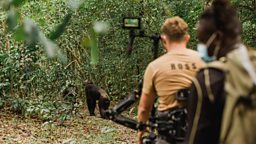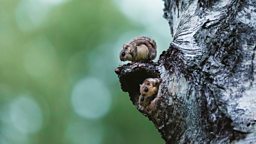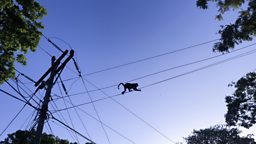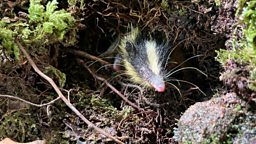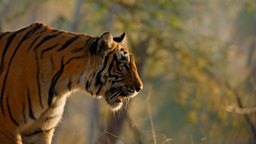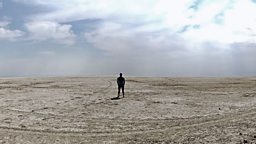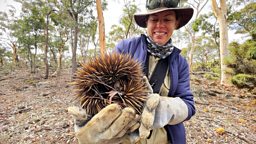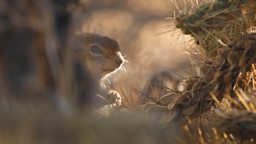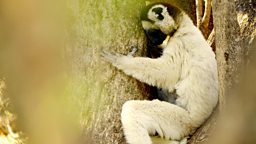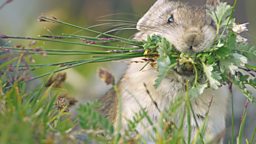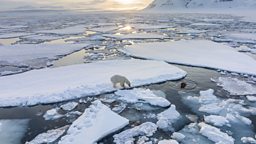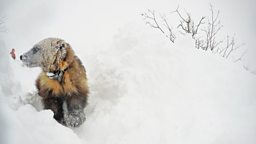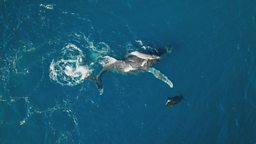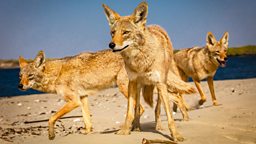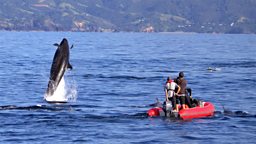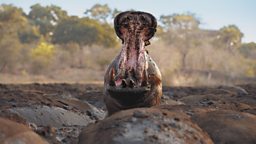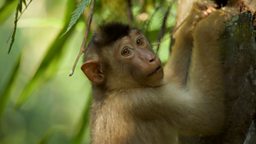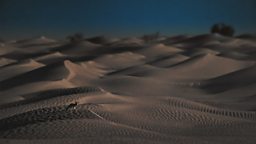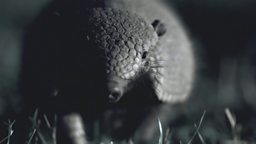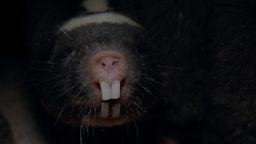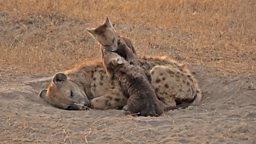Making Mammals: Born to survive, built to thrive
By Scott Alexander, Series Producer for Mammals
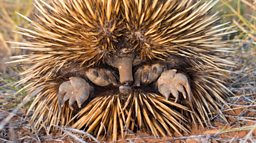
Tigers, chimps, dolphins, and bears, these are just some of our favourite mammals and they are all in this series. But we’ve also got tenrecs, sifakas and echidnas. Some of the less well-known, but equally fantastic mammalian stars, that also feature in this series celebrating the success of a remarkable group of animals.
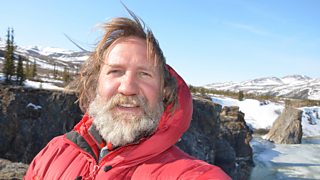
Around 66 million years ago an asteroid struck the earth and wiped out around three quarters of all animal life. However, out of the darkness that followed one group of animals rose to become one of the most successful living today - and the Dark is where we chose to begin our story.
I was surprised when I learnt that more than two thirds of all mammal species living today are nocturnal, and only become active after dark. Like me, a warm blooded, hairy mammal, I had assumed that the majority went to bed at night, like the chimps making their tree top beds at the start of the Dark episode. But the dark is where mammals spent the majority of their early years, with fur coats to keep them warm.
It’s in the shadows that they honed some of the skills that helped them become so successful, including the leopard’s incredible night vision, letting it leap through tree top branches with ease in pursuit of baboons, or the remarkable hearing of the Fennec fox, like a detectorist, listening for hidden treasure in the sand, although in this case it’s for food not gold.
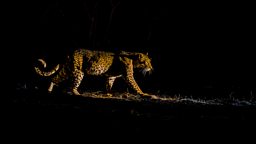
Other episodes are split by environments; Cold, Hot, Water and Forest and showcase the remarkable adaptability of mammals. Found on every continent and in every ocean.
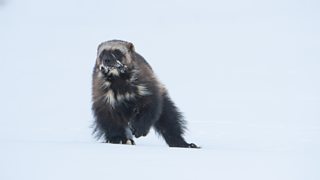
They run, hop, burrow, swim, glide and even fly. And we see the remarkable resilience that lets them survive in the harshest environment. One of my favourites has to be the wolverine. Not a creature of myth and legend but a beautiful looking member of the mustelid or weasel family. They live in some of the most remote, harshest landscapes on earth and are rarely filmed as they are incredibly elusive.
Nevertheless, this is one mammal that I really wanted to feature - however hard it would be. And it proved to be incredibly hard, requiring two separate trips and 50 days in the field. Even then, we came perilously close to failing.
But it was worth the time and effort as we revealed the rarely seen caring side of the male wolverine and filmed, for the first time, a mother and her kit emerging from their snow den to take their first footsteps out onto the frozen tundra.
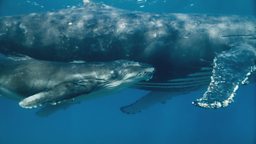
It’s mammals great parenting skills, their unique ability to provide milk for their young, being warm blooded and having fur, as well the ability to teach and learn from each other and live in large social groups, or as solitary animals, that has helped mammals become so successful.
Humans are perhaps the most successful mammal of all.
Humans are perhaps the most successful mammal of all. As such we hold the future of many of our fellow mammals in our hands. In The New Wild episode, we explore the plight of mammals as the world around them changes. At no other time since the asteroid strike has their adaptability and survivability been needed more than it is now. There will be winners and losers, like the red foxes whose range expands into that of the extreme cold adapted Arctic foxes, who struggle as the world warms.
But there is also reason for hope. Recently we have seen many whale populations (like the humpbacks in the Water episode or the blue whales in The New Wild episode) recover since we banned the hunting of whales. Or the American Buffalo, once hunted to as few as a few hundred individuals by us, has been brought back from the brink of extinction – again by us. Hopefully we will find that delicate balance that lets us share this remarkable planet with all its wonderful diversity of life - mammals and all.
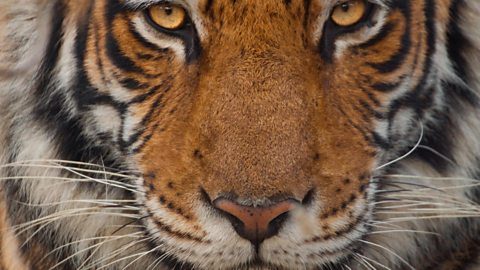
Mammals begins 7pm 31 March 2024 on 成人快手 One and iPlayer
Coldplay's 'Paradise' reworked with stunning footage from the new Mammals series.
